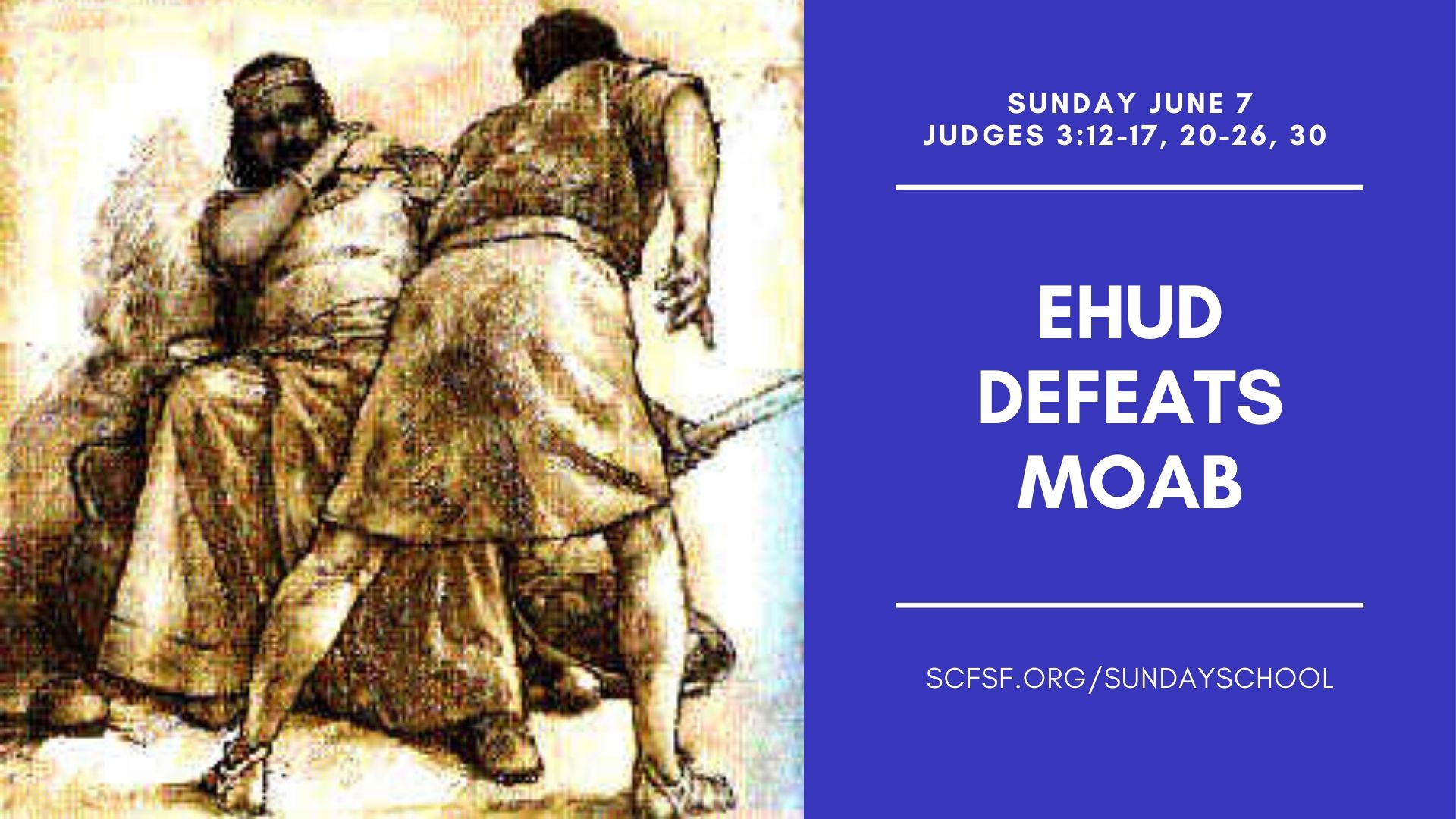
Scripture
By Raufu Spagnoletta
elated Scriptures: 1 Kings 19:9-13; Romans 5:1-5; 1 Corinthians 2:1-10; 2 Corinthians 11:16-33 In this week’s lesson, the Apostle Paul learned to boast in his weaknesses because it was his weakness that magnified the power of God in his life. In 1 Kings 19:9-13, the Prophet Elijah encountered God’s presence not in a dramatic manifestation- wind, earthquake or fire, but in a still small voice. The LORD encouraged Elijah in a gentle whisper. We can glory in our tribulations according to Romans 5:1-5, because tribulations produce godly fruit. “Tribulations produce perseverance; preseverance, character; and character, hope. And hope doesn’t disappoint us as God pours His love into our hearts by the Holy Spirit.” Paul defines effectual preaching in 1 Corinthians 2:1-10, “And my speech and my preaching [was] not with enticing words of man’s wisdom, but in demonstration of the Spirit and of power: That your faith should not stand in the wisdom of men, but in the power of God.” While others glory in human achievements, Paul’s glory is in suffering for the sake of Christ. 2 Corinthians 11:18 states, “Seeing that many glory after the flesh, I will glory also”. Verse 30 continues, “If I must needs glory, I will glory of the things of mine infirmities.”
Synopsis
By Doug Smith
Paul continued his” boasting”as he called it, by telling about visions and revelations he had from the Lord. “ I knew a man” means he was speaking about himself. He explained that he didn’t know if he was taken in his body or in his spirit, but he was in paradise. (The third heaven). Paul told about this incident to show that he had been uniquely touched by God.
We don’t know what Paul’s “Thorn in the Flesh” was, because he doesn’t tell us. God used the thorn in the flesh to prevent pride from happening. This thorn was not removed, even as Paul prayed for its removal, but God’s grace was sufficient for him to endure. Paul learned to boast in his weakness which magnified the power of God in his life. It kept Paul humble, reminded him of his need for constant contact with God, and benefited those around him as they saw God at work in his life.
We must rely on God for our effectiveness rather than our simple energy, effort, or talent. Our weakness not only helps develop Christian character, it also deepens our worship, for admitting our weakness, to affirm God’s strength. Paul affirmed his complete dependence upon God.
Practical Application
By Lecha Price
In our lesson today, we learn that Paul chose to glory in his weakness so that God’s strength would be made perfect within him. The practical application encourages us to see our perceived inadequacies as instruments God can use to glorify Himself within our lives. We often view our shortcomings or insufficiencies as a hindrance which prevents us from performing our best or fulfilling the call of God. We want to view them as opportunities wherein God may display His strength in and through us.
Paul’s transparent testimony perfectly exemplifies how in our weakness God’s strength is made perfect. The apostle wanted the Corinthian believers to see Christ at work through his weakness, not his strengths at work for Christ. When God calls us, He is fully aware of our limitations and still He calls us to do His will. We must remain mindful that it is not our strength alone which helps us to accomplish the work God assigns but rather He provides us with His strength to complete the work/task at hand. Zechariah 4:6 informs us “Not by might, nor by power but by My Spirit says the Lord of hosts.




